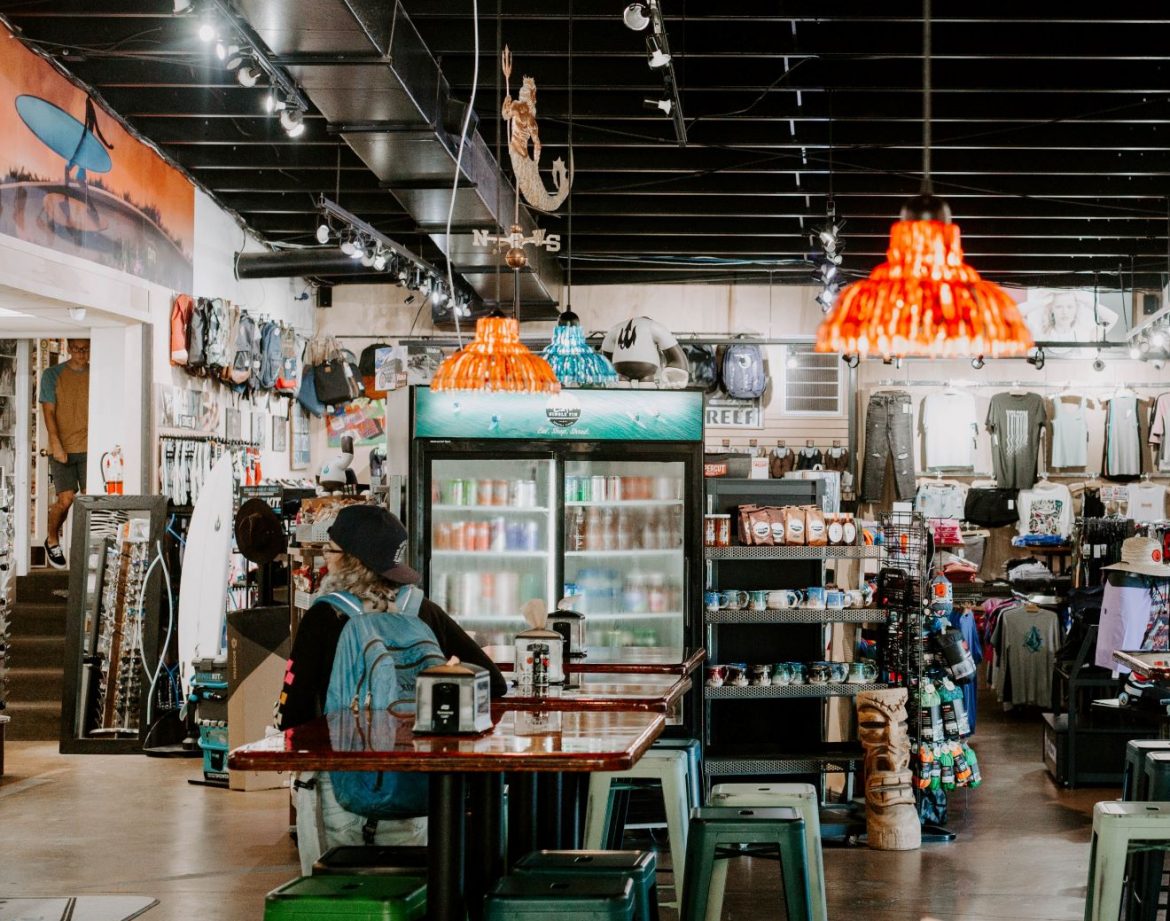What To Know Before Renting
If you’ve never rented space or a piece of equipment before, the process can be intimidating. Chances are you’re wondering what you need, what questions you should ask and how to go about renting. We’ve gathered the answers so that after reading this piece, you can be confident you have the inside scoop on how to rent work areas, tools, equipment and/or facilities.
Fortunately, renting equipment isn’t a daunting process if you know what information you need to gather and communicate, and what questions to ask. Working with other Business Owners should make the process easier, but sometimes finding the right Business to work with can be challenging. That’s why we’ve provided a list of questions to ask before you rent – to help you get to know the company you’re considering and determine if they will be able to meet your needs. You should look for more than just the piece of equipment you need.
- Review your current costs and determine a budget
- Compare the cost of ownership vs. the cost of the rental
- Double-check what your company’s insurance policy covers
- Most importantly, consider the length and frequency i.e. One-time or sporadic projects are often good renting situations
Once you’ve decided to rent, you can review whats on offer on JumpSeat.
If you don’t have an exact answer to some of these questions, don’t sweat it. You will be able to contact the Listing Owner to qualify your questions further.
What Do I Need to Know to Rent?
1. Environment
Make a note of the type environment you are seeking. This information gives some context and allows a listing Owner to understand what you require and for how long.
2. Type of Area
The first thing you need to establish is the type of space you require (including tools and/or equipment). Don’t over complicate things with specifications at this point, only think about function. How much space do you need? What is the job that you need the space for and/or the piece of equipment? And for how long.
It may seem oversimplified, but there are lots of different scenario’s available to you. Sometimes the key to getting the best value is being able to communicate what you need clearly.
3. Tools, Equipment and/or Machinery
Once you’ve established what type of space you need, it’s time to get a little bit more specific. At this point, begin to come up with some specifications for the work that you’re doing. You don’t need an exact amount, but try to give at least a general range. Depending on your job, this could be the type of equipment, the height of an object that need to be lifted to be worked on, or some other criteria.
4. Facilities
Now that you’ve quantified the area and equipment you need, it’s time to consider what facilities are on offer. Is there a particular facility you would like included i.e. Reception for clients, a kitchen, shower, courier or freight. If you don’t have extensive knowledge of what’s available, browse JumpSeat listings to get a feel for what your options might be. You can also contact the Listing Owner to find out more about whats available on premise.
5. For How Long
For how long seems pretty straightforward, but it can be tricky. First of all, you may not know how long it’s going to take you to complete the part of the project that requires the space or the tools and equipment. The ultimate goal is to find the balance of making sure you have the space and equipment for the length of time you need it, but not so much time that it’s wasting money.
For some work projects, this length may be one day, for others, weeks or months. The good news is, rentals are available for both short-term and long-term rentals.
6. Insurance and Protection Policies
Anytime you are working at someones premises, using their tools and equipment, insurance is something important to consider. What if an accident, theft, vandalism or other event happens? On your end, the first step is to research any pre-existing insurance coverage you may have with your current insurance company.
If you are a part of a company or use equipment on a farm or industrial site, chances are you have a business insurance policy in place for using the equipment. If you own your own business, you might not have any insurance for this type of equipment. At this point, just make sure you know what coverage you do have.
